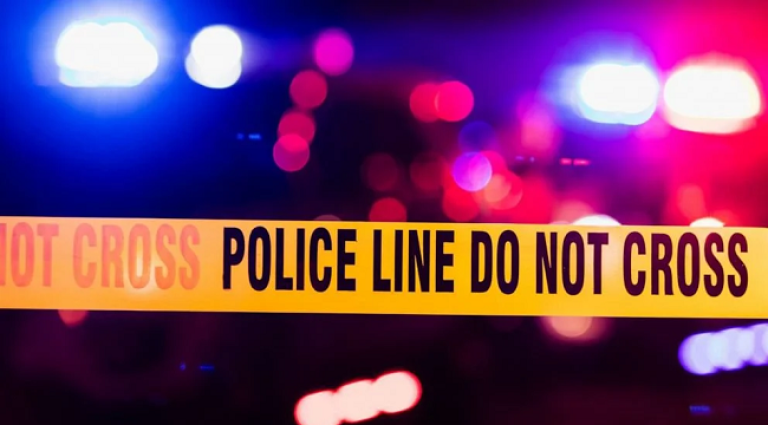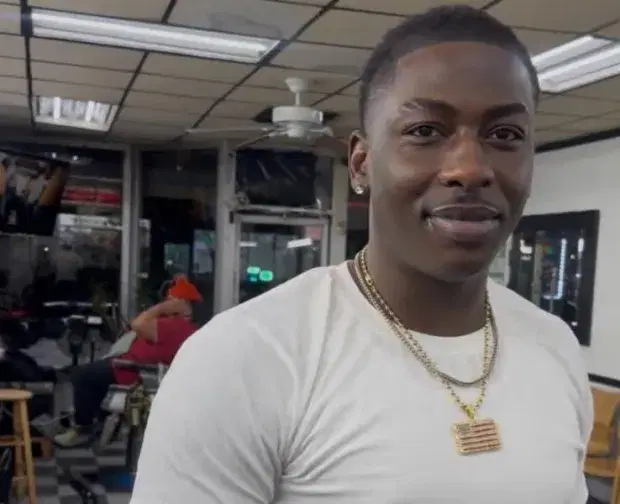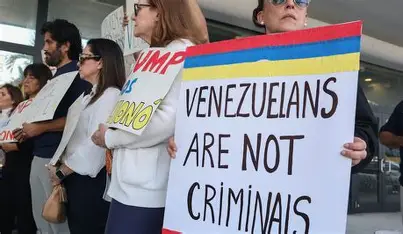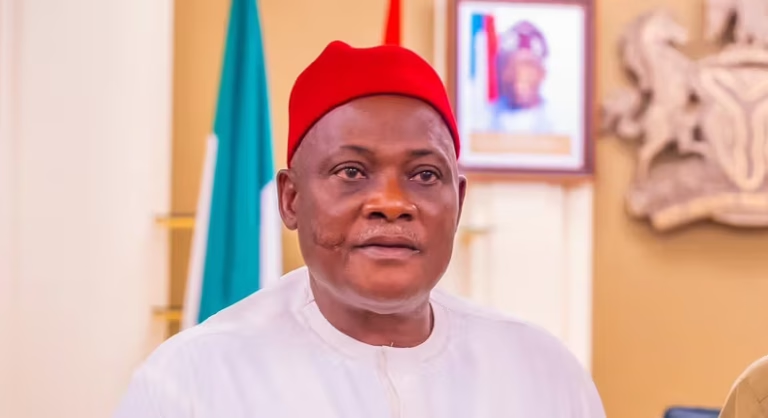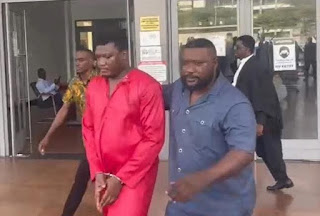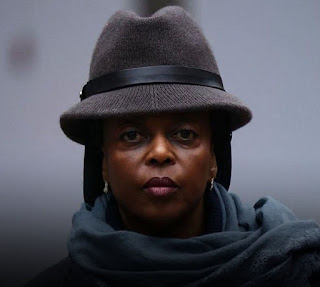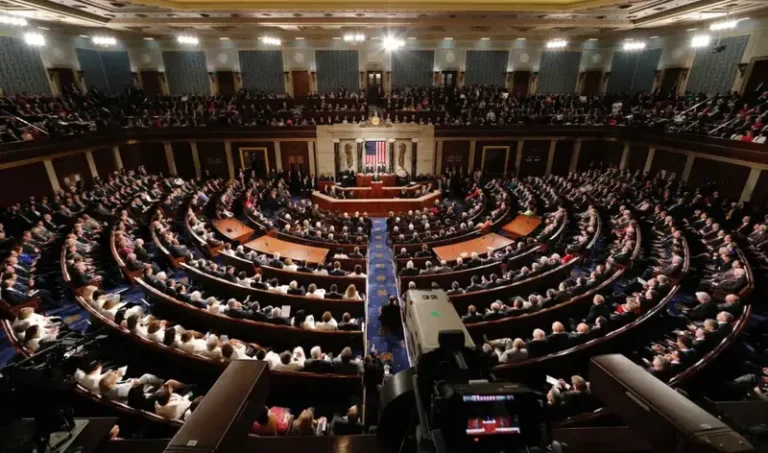
It should be obvious by now that IPOB members and their sympathizers are living in a fool’s paradise. They refuse to accept that it has become almost impossible to free Nnamdi Kanu. It’s neither practical nor commonsensical to do so now.
The practical approach is to accelerate the court process and get him out on bail. Everything happening in court right now suggests that prolongation of court dates is the name of the game. The court process may, therefore, continue to run until well after the President hands over power.
The commonsensical approach is to continue to explore a political solution. But political solutions are always about interests. What overarching interests can influence the release of Kanu, considered from the geopolitics of the South-East, the impact on the rest of Nigeria and the mandate and disposition of the President?
What does the rest of Nigeria benefit from the release of Mazi Kanu? Is there any amount of suffering that IPOB visits on southeasterners that can move the rest of Nigeria beyond sympathetic clucking? Are other states of Nigeria suffering economic losses because the Igbo are being bullied to stay indoors whenever the whim catches IPOB? Are schoolchildren from other states prevented from learning on Mondays? Are lives being lost outside South-East as a result of the IPOB Monday theatrics? To paraphrase a governor’s joke, Ogbasara Nigeria?
Beyond the interests outlined above, what impact will Kanu’s release have on the peace that President Buhari has had since his security forces recaptured Kanu?
The overriding interests of the nation can be captured in three hurdles that stand between Mazi Nnamdi Kanu and his freedom. The personality and mindset of our President is a big hurdle. The geopolitics of the South-East region is another. And then there is a third hurdle, embedded in the history of old Biafra, not the current agitation theatrics. The personality and mindset of our President are merged with this history and so we deal with the two hurdles as one.
There are certain character dispositions that forewarn us that President Muhammadu Buhari won’t budge on the issue of Mazi Kanu’s freedom at this time. President Buhari is the torchbearer for the elite group of powermongers that executed the July 1966 countercoup. Members of this group speak to the Igbo only in “the language they understand.”
They learnt this language and have been employing it to address Igbo matters since 1966. In July of that year, some of them coordinated the arrest and execution of over 300 military officers and men from the defunct Eastern Region. All of them looked away while the northern civilian population descended upon and slaughtered thousands of easterners living in the North. And then they were mobilized to brutally prosecute a war that cost an estimated two million more lives. Millions of civilians ended up paying for the sins of officers from the East, West and Mid-West Regions who executed the first coup d’état in January 1966.
The elite powermongers salved their consciences by promoting the resulting genocidal war as a patriotic action to reunite the country. When the war ended, they proudly sang a “no-victor, no vanquished” refrain. They did all of this to assuage feelings of hurt among the civilian population that they visited with anger and disdain. Then they retired with feelings of self-righteousness and effusions of renewed patriotic fervor.
Among members of this military elite, this self-righteous and patriotic mindset is not bound by religion or geography. Today, if a journalist scratches the surviving members of this gang (Gowon, Obasanjo, Danjuma, Buhari), they’ll sing a similar refrain from the maledictions of the past. In their minds, the South-East remains a conquered territory, despite the no-victor-no-vanquished mantra. And they are the conquerors with divine mandate to sustain the unity they won through tears and blood in battlefields.
It is for this reason that civil unrest anywhere in Nigeria evokes potential uprising a la Biafra that must be violently put down. The unity won in the battlefields of Biafra became non-negotiable, as long as they’re in power. Nigeria won’t renegotiate her unity but would rather enforce and sustain it with guns and bullets. President Buhari restated the group’s mandate to Al Jazeera in a 2019 interview: we cannot allow Igbos to leave a country that millions died to keep as one.
It is important to understand why this military gang has this mindset and why efforts are always made to extend it to the rest of Nigeria. An Igbo adage offers one explanation: “if a finger brings oil, it stains the rest.”
In Nigeria today, the sin of one Igbo, more often than not, becomes the sin of all Igbo. In virtually every interview granted since he assumed office, President Buhari betrays this mindset whenever asked about IPOB. He particularly finds it difficult to separate a tiny band of separatist agitators from the entire Igbo people. In his interview answers, IPOB is magnified as an Igbo insurrection that must be crushed as in Old Biafra.
The second reason Nnamdi Kanu may not be freed soon is a common defensive strategy that I call leadership capture. The tactic is to capture the leader and keep him away and thereafter disorganize and disband the followership. The tactic was first used to convict and put away Chief Obafemi Awolowo. It is used today to keep Sheik el Zakzaky out of sight, no matter what the courts say. Protests and clashes with security have so far failed to free the Islamic cleric from detention.
What makes IPOB enablers think that Mazi Kanu will be treated differently?
And then there is the geopolitics of the South-East region. The influences at play are both internal and external. Internally, it is the challenge of managing legally constituted territories that are turning into ungoverned spaces. The external is the politics of managing unwanted Igbo demand for the Nigerian presidency, which I propose to deal with only as a question in the end.
Besides skirmishes with federal security forces, IPOB is currently locked in a supremacy battle with constituted authorities of the South-East. In the popular imagination, the separatist group has already won the mind battle. IPOB enablers are few but influential. They embolden the separatist group to seek to lord it over the rest of the population. In some towns, one can liken what is happening to the symbolic hoisting of jihadist flags by religious fundamentalists in the North-East. And then the army moves in. Through their skillful use of digital propaganda, IPOB successfully cows the South-East into silence and sheepish surrender to the orders of faceless groups operating in its name.
South-East state governors appear powerless as citizens are forced indoors every Monday through this violent propaganda. Everyone can see that IPOB’s confused and disorganized leadership is no longer in control. They cancelled the sit-at-home when the horse already bolted from the stable. Every Monday, rogue elements of the movement, aided by criminal interlopers, exploit the confusion to visit violence and destruction. Those who go out in search of daily bread return with horrific stories, if they survive the adventure.
Incredibly, enablers of IPOB interpret this fear-induced sit-in as evidence of the people’s obedience and support for Biafra agitation!
The point, however, is that the leadership of the South-East may have lost but IPOB gained a Pyrrhic victory. IPOB is not only turning the governors’ territories into ungoverned spaces but have also made them enemies of the people. And yet, the governors remain the only authorities that can call for and enter a meaningful dialogue with federal authorities in a different, effective language. It is good for IPOB enablers to hope and pray that Kanu regains his freedom from the Monday havoc they wreak in the South-East.
If you were a governor, would you champion Kanu’s release to complete the takeover of your state by a nonstate actor?
If you were a presidential aspirant from outside the South-East, would you also encourage peace to reign in the region, when the next president is expected to come from there? (Daily Sun)


